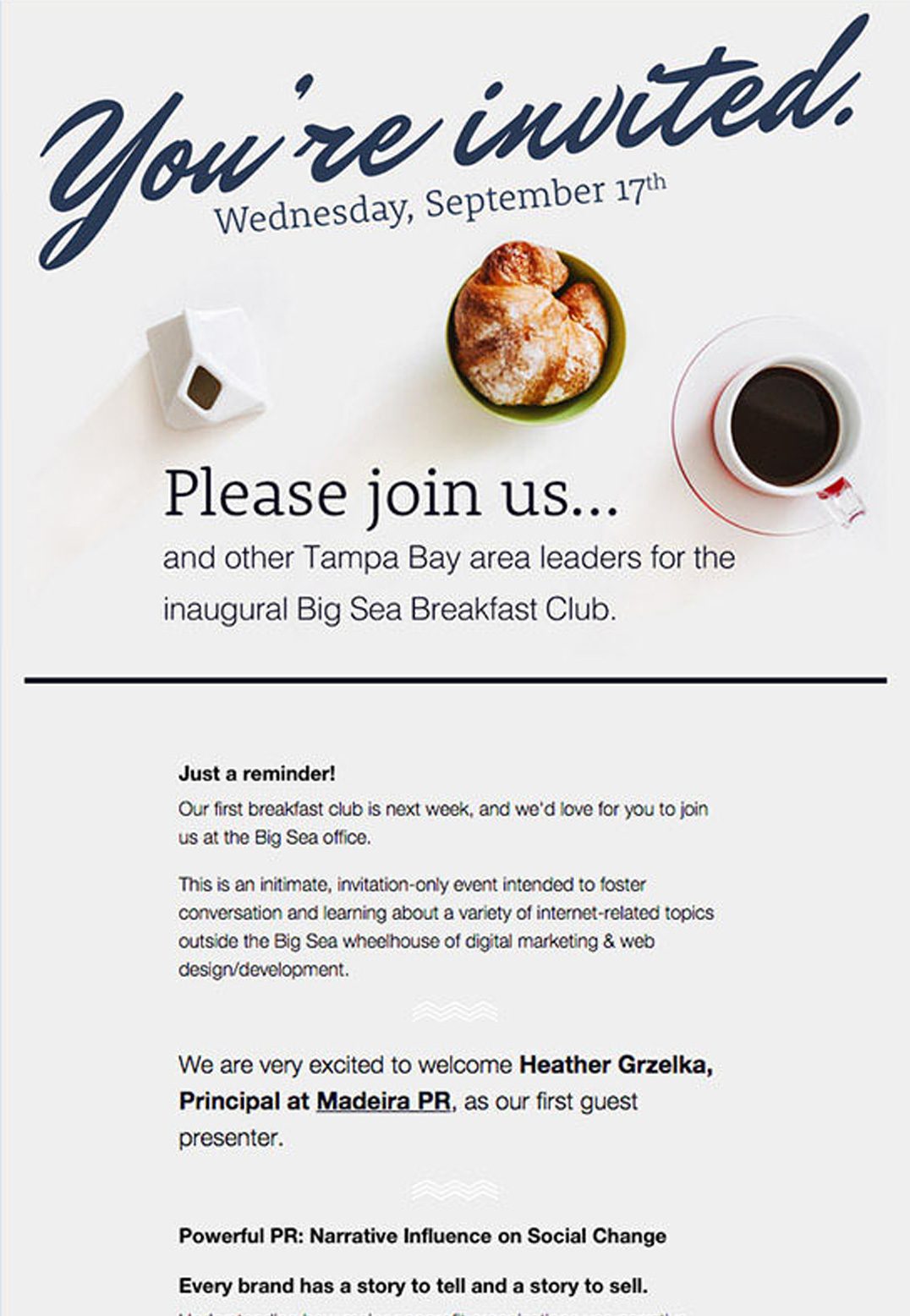Event marketing is the strategy of promoting a brand or business in real-time or through in-person interactions at an event. When done properly, it’s a fantastic way to develop high-quality and organic leads for your business.
Event marketing continues to grow in popularity because events are currently a major marketing trend. Why? For millennials, events speak to the need for meaningful experiences rather than transient commodities.
78% of millennials would prefer to spend their money on an event rather than a physical item.
What is event marketing
Events also speak to the millennial desire for community. Your creation of or presence at an event sends a strong message that you consider your brand to be a community participant, rather than an aloof capitalistic endeavor.
When you attend an event to promote your brand, you speak the language of the largest demographic of consumers.
However, there are other pragmatic reasons to embrace event marketing. At its core, event marketing is another way to target an audience. Whether you’re hosting or attending an event as a representative, you’re already interacting with a segmented audience.
While you might send targeted messages on social media using specific hashtags, event marketing allows you to get your product physically in front of your target audience.
“Try before you buy” is still a major consumer purchasing behavior.
How to measure event marketing success
The live nature of event marketing gives us a different set of metrics to work with. In general, you can measure the success of your event marketing through:
1. Signup rates
It’s becoming increasingly common to collect emails or subscriptions at events. Live events have the advantage of directly connecting with stakeholders or potential clients. As such, they’ll move more quickly into your sales funnel.
Here are some ideas on how to collect high-quality leads at events.
2. Increased revenue
Are you seeing an influx of new customers after marketing a product at an event? Congratulations, your event marketing was successful.
3. Interest in future events
Keep your subscribers informed by sending out announcements about where you’ll be next. From here, you have the opportunity to include value propositions, such as participation incentives. Check out this guide on writing compelling event emails.
Source: Campaign Monitor Gallery
Likewise, customers who found you at an event form a segment. Leverage this with other rewards to encourage loyalty.
Click here for more tips to drive event registration through email marketing.
Does it really matter?
Marketers have taken note of millennials’ preference of experiences over products. As such, event planning specialists are increasingly considering event marketing to be as powerful as email marketing.
In 2019, we’re seeing a lot of it, and it’s making event email marketing a hot topic.
Is event marketing a part of your brand’s strategy for reaching consumers? If not, it should be.
What now?
Thinking about organizing and conducting or attending an event to promote your brand?
Marketing for an event takes many different forms. In addition to the challenge of targeting a local audience, there’s a great deal of planning and logistics evolved.
However, it’s worth the effort. This article has discussed how live events connect you to your community, help raise brand awareness, and draw the experience-seekers in to see what you have to offer.
